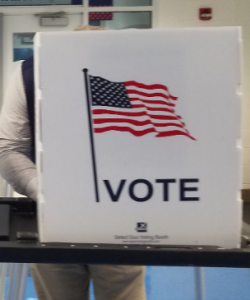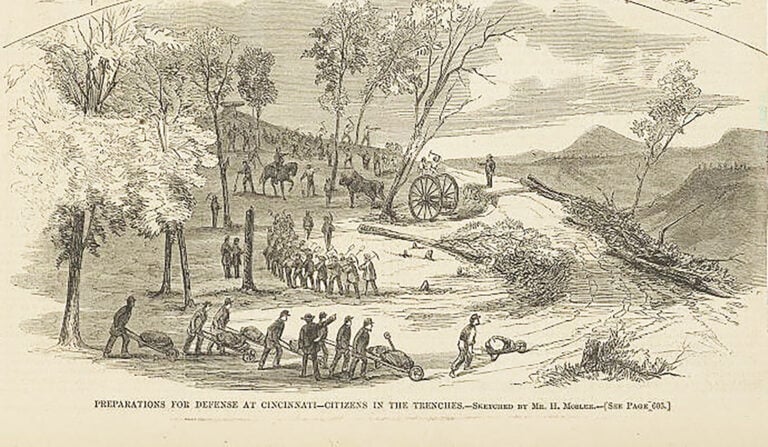Voting coalitions represent groups of voters from demographic, economic, and social groups. In any Presidential election, specific coalitions come together to support their collective candidate and/or political party. In the United States, the makeup of voting coalitions have varied over time. When there are substantial coalitional shifts, we have what are termed realigning elections.
Realigning elections are rare. They take place as the result of significant economic or social issues, such as the expansion of racial rights, or economic crisis, when groups from one coalition move their allegiance to another coalition, or form an entirely new coalition. The New Deal engendered this phenomena. Today, we see competing coalitions separated by political party, race and ethnicity, income, urban rural residence, and support for social issues (e.g. abortion, LGBTQ rights, systemic racism, and COVID 19).
Early, post-election evidence from the Pew Research Center (see “2020 Election Reveals Two Broad Voting Coalitions” 11/6/2020) and the Associated Press, “Vote Cast: How Did Biden Do It?” provide insight into the demographics and beliefs of individuals who make up our current voting coalitions. The recent Presidential election was marked by two outstanding elements. The first is the historic turnout of voters despite the presence of COVID 19. The second is the significant polarization of the electorate, a characteristic of sharply divided voting coalitions. And while President Trump and his loyal followers claim three outstanding elements of this election with the third being voter fraud, this unfounded claim falls from the list.
The Associated Press Vote Cast project included 110,000 voters nationwide. This research reveals the following demographic groups where Biden held a greater than 50% advantage.

Biden Coalition
• Under 45 years old
• African Americans younger and female
• Suburban women
• Urban voters
• College educated
• Industrial / Manufacturing states in the Midwest
• Union members
Trump Coalition
• Rural voters
• White voters
• Men with less than 2 years college
• Middle class income
The Pew Center study identifies the prevalent attitudes toward issues of the day associated with the Biden and Trump coalitions of voters.
Biden Coalition
• COVID is very important to their vote (82%)
• Racial equality very important to their vote (74%)
• Support Black Lives Matter (72%)
• Climate change very important to their vote (68%)
• Improve the economy by controlling COVID (94%)
• Pro-choice (68%)
• Trust the traditional media (67%)
• Believe Trump voters hold very different views of core American values (77%)
Trump Coalition
• COVID threat blown out of proportion (76%)
• Racial inequality not a key voting issue (70%)
• Black Lives Matter not an important issue (91%)
• Significant doubts about climate change (89%)
• Improve the economy by opening stores, restaurants, workplaces (58%)
• Believe Biden voters hold very different views of core American values (80%)
The beliefs and attitudes of the voters who made up the Trump and Biden voter coalitions affirm the conclusion that American is deeply divided on both issues of the day and bedrock beliefs about American democracy.

The disagreement over core beliefs is more apparent than almost anytime in the last 50 years with 89% of Trump voters and 90% of Biden voters believing lasting harm will come to the nation if the opposing candidate wins. No other finding from this Presidential election is more worrisome than this.
And while cries of voter fraud and demonization of each campaign will not heal this divide, we hope that time and the structure of government is on the side of American democracy, as in the past. If we as a people are not willing to give up our calcified beliefs and anger, our system of federalism and check and balances must rise to the occasion. The framers deeply understood factionalism and devised remarkable mechanisms to check what can be the downfall of many systems of government.
Dr. Jan William Hillard is the NKyTribune’s data editor and a retired Faculty Emeriti of Northern Kentucky University.

















